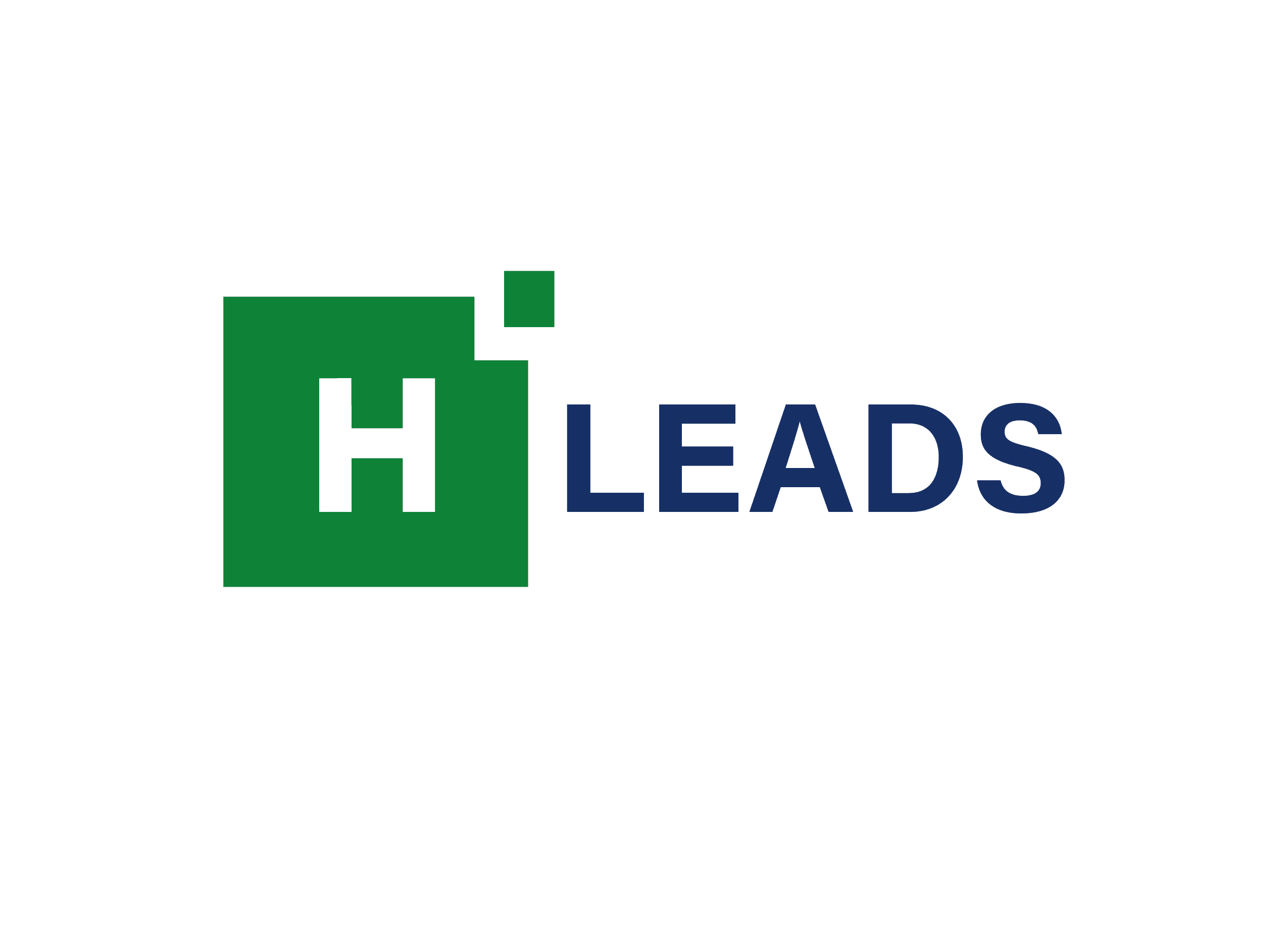Indian Medical Association urges the government to have ‘one drug, one quality, one price’ system whereby all brands should either be sold at the same price or banned and only generics allowed while ensuring highest quality of these drugs
The decision of India’s National Medical Commission (NMC) to advise doctors to prescribe only generic drugs instead of branded ones has its critics and admirers.
While many are arguing the move will reduce “out of pocket spending of patients by 30 to 80 percent,” the Indian Medical Association (IMA), the apex body of Indian medical professionals, calls the NMC’s decision hasty, saying the promotion of generic drugs is like “running trains without tracks”.
On August 2, the NMC released a comprehensive set of guidelines aimed at reshaping prescription practices. It mandated that registered medical practitioners prescribe medications using “generic”, “non-proprietary”, or “pharmacological” names.
The guidelines define a generic drug as a “drug product that is comparable to brand/reference listed product in dosage form, strength, route of administration, quality and performance characteristics, and intended use.”
It says branded generic drug is one which has come off patent and is manufactured by drug companies and sold under different companies’ brand names. “These drugs may be less costly than the branded patent version but costlier than the bulk manufactured generic version of the drug. There is less regulatory control over the prices of these “branded” generic drugs.”
The guidelines say, “Every RMP (Registered Medical Practitioner) should prescribe drugs using generic names written legibly and prescribe drugs rationally, avoiding unnecessary medications and irrational fixed-dose combination tablets.”
“RMP can prescribe or supply drugs, remedies, or appliances as long as there is no exploitation of the patients. Drugs prescribed by RMP or bought from the pharmacy for a patient should explicitly state the generic name of the drug,” the guidelines reads.
As the NMC mandated that registered medical practitioners prescribe medications using “generic”, “non-proprietary”, or “pharmacological” names, saying approach would ensure transparency and promote the use of cost-effective alternatives.
The guidelines have also talked about punitive measures against those violating the directive.
However, the NMC guidelines have not gone down well with the Indian Medical Association (IMA).
The NMC Guidance to Registered Medical Practitioners
- Prescribe drugs with generic/non-proprietary/pharmacological names only
- In the case of drugs with a narrow therapeutic index, biosimilars, and similar other exceptional cases, this practice can be relaxed.
- Prescribe drugs rationally and optimally
- Both overprescribing and under prescribing are to be avoided keeping in mind possible drug interactions
- Fixed-dose combinations are to be used judiciously
- Only approved and rational fixed-dose combinations are to be prescribed
- Hospitals and local pharmacies to stock generic drugs
- Prescribe only those generic medicines that are available in the market and accessible to the patient. Avoid prescribing “branded” generic drugs
- Encourage patients to purchase drugs from Jan Aushadhi kendras and other generic pharmacy outlets
- Educate medical students, patients, and the public regarding the equivalence of generic medicine with their branded counterparts
- Actively participate in programs related to promotion and access to generic medicines
- MBBS & PG students will be trained in the value of prescribing generic medicine
- Written Prescriptions should be legible and preferably in full CAPITALS to avoid misinterpretation
- As far as possible prescriptions should be typed and printed to avoid errors.
The IMA says the biggest impediment to generic drugs is the uncertainty about its quality. “The quality control in the nation being very weak, there’s practically no guarantee of the quality of drugs and prescribing drugs without assured quality would be detrimental to patient health. Less than 0.1% of the drugs manufactured in India are tested for quality. This step should be deferred till the Government can assure the quality of all the drugs released into the market,” the IMA says in a statement issued on Monday, August 14.
The statement says patient care and safety are not negotiable. “Rather than taking the NMC route the Government should take the Pharma route and ban all the branded drugs.”
“Government allows several categories like Branded, Branded Generic and Generic and permits the Pharmaceutical Companies to sell the same product at different prices. Such loopholes in law should be plugged. IMA demands a foolproof system of quality assurance before switching over to Generic drugs,” the statement reads.
The IMA says it has been demanding for long that only good quality drugs should be made available in the country and prices should be uniform and affordable. It urges the Government to have ‘one drug, one quality, one price’ system whereby all brands should either be sold at the same price or banned and only generics allowed while ensuring highest quality of these drugs.
“The present system will only put a huge dilemma in the minds of practitioners and cause unnecessary blaming of the Medical Profession by the society.”
“The notification is an injustice to doctors who always hold the interest of their patients as non-negotiable.”
“The Government and NMC want all the doctors in the country to prescribe only generic drugs, they should simply order all pharmaceutical companies to manufacture all the drugs without brand names (how simple!!, try to do it dear NMC/GO1). Then no one has to write brand name. Let the NMC/GOI ensure quality generic drugs or accept responsibility if patients fail to respond to prescribed generics,” the IMA says.
Also read : When doctors listen, patients heal


















Add Comment